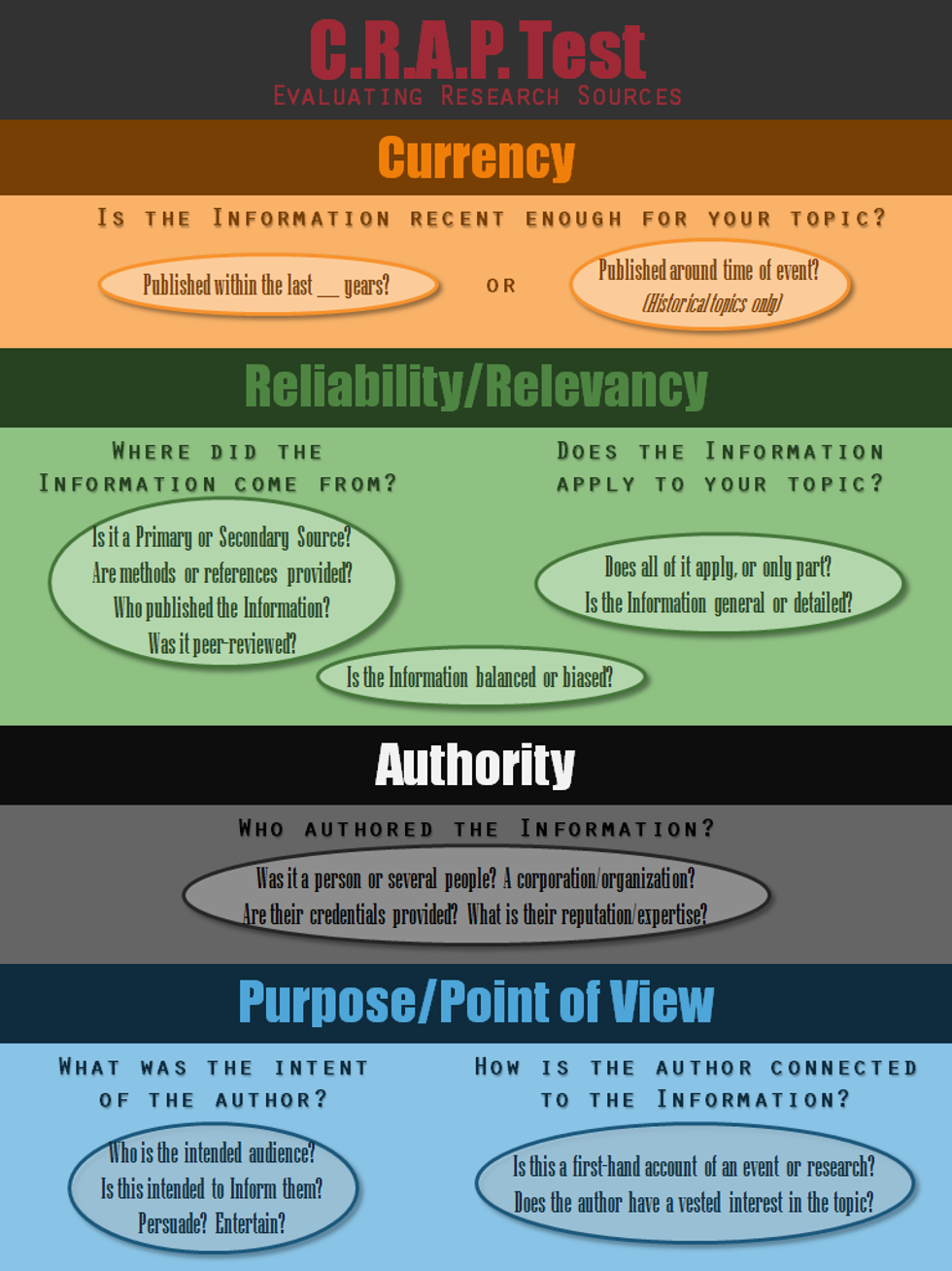In the midst of political campaigns, terrorist attacks and "Batman v. Superman" coming out in theaters, more and more people are posting on Facebook, attempting to look educated. And on the surface, that's very important. Educated and informed voters are the pinnacle of our nation, and there are hundreds of reputable news sources that are dedicated to informing the public on nation and international events. However, on the flip side, there are thousands of non-reputable news sources that are dedicated to informing the public on their personal opinions with poorly researched facts and one-sided arguments. And when the innocent Facebook user shares these posts on social media, their reputation and (probably) IQ both decrease substantially.
So here are my three steps to appearing educated on Facebook. Including pictures!
Step 1: Learn the difference between reputable and non-reputable news sources.
There are several ways to go about this. The first allows you never to leave your Facebook browser. When searching for a news article, simply look for the blue check mark next to the name of the news source posting the article. It will look like this:
This blue check mark proves that Facebook has confirmed the news site as reputable and, thus, acceptable for sharing use. Here is an example of a non-reputable news source:
As you can see, this news source has no check mark, and therefore cannot be assumed to be reputable. To put this simply, if you don't plan to leave Facebook, don't use sources without the blue check mark. It's that easy.
However, if you wish to do a little more research, you are free to use the CRAP test. Contrary to popular belief, this actually has nothing to do with excrement, and a lot to do with credibility. In fact, the letters stand for:
Currency (did it come out recently)
Reliability (where does it come from?)
Authority (is it authorized by a credible news source? [i.e. New York Times, BBC, CNN, etc.])
Purpose (was the author's purpose to inform or to rant?)
Step 2: Figure out your viewpoint.
You should figure out where you stand on a particular issue after you have done research. Uninformed sharing of articles begins when a person has not done adequate research on a topic. Also, do not share an article without first reading the contents. Just because you agree with the title, does not mean you will agree with the contents of the article.
Step 3: Remain well-researched on your topic.
Just because you post a reputable article does not automatically make you well-informed on the issue. Becoming informed means that you will be able to carry on an intelligent conversation about a topic. Sharing an article on social media allows the rest of the world to assume that you understand and support your own stance. Sharing an article about the terrorist attacks in Belgium does not mean your support is complete. Changing your profile picture to the Belgium flag does not mean your support is complete. If you are willing to paste your support on social media, you must be well-informed and willing to support your viewpoint if it is ever in question. The same applies to the presidential debate. We cannot truly elect a great leader for our country if the majority of voters are gaining insight and opinions from non-reputable news sources, and this applies to supporters of all candidates. Websites like Info Wars or the Conservative Tribute usually give biased and largely unsupported research that should not be used to develop opinions. There are so many reputable news sources online that can be used for information.
As politics and current events are heating up, stay informed. It will help you so much in the long run. And if you are a proponent of sharing credible news source, please keep sharing. Awareness can begin with a simple click of the share button. Just make sure you're sharing the right things.
























